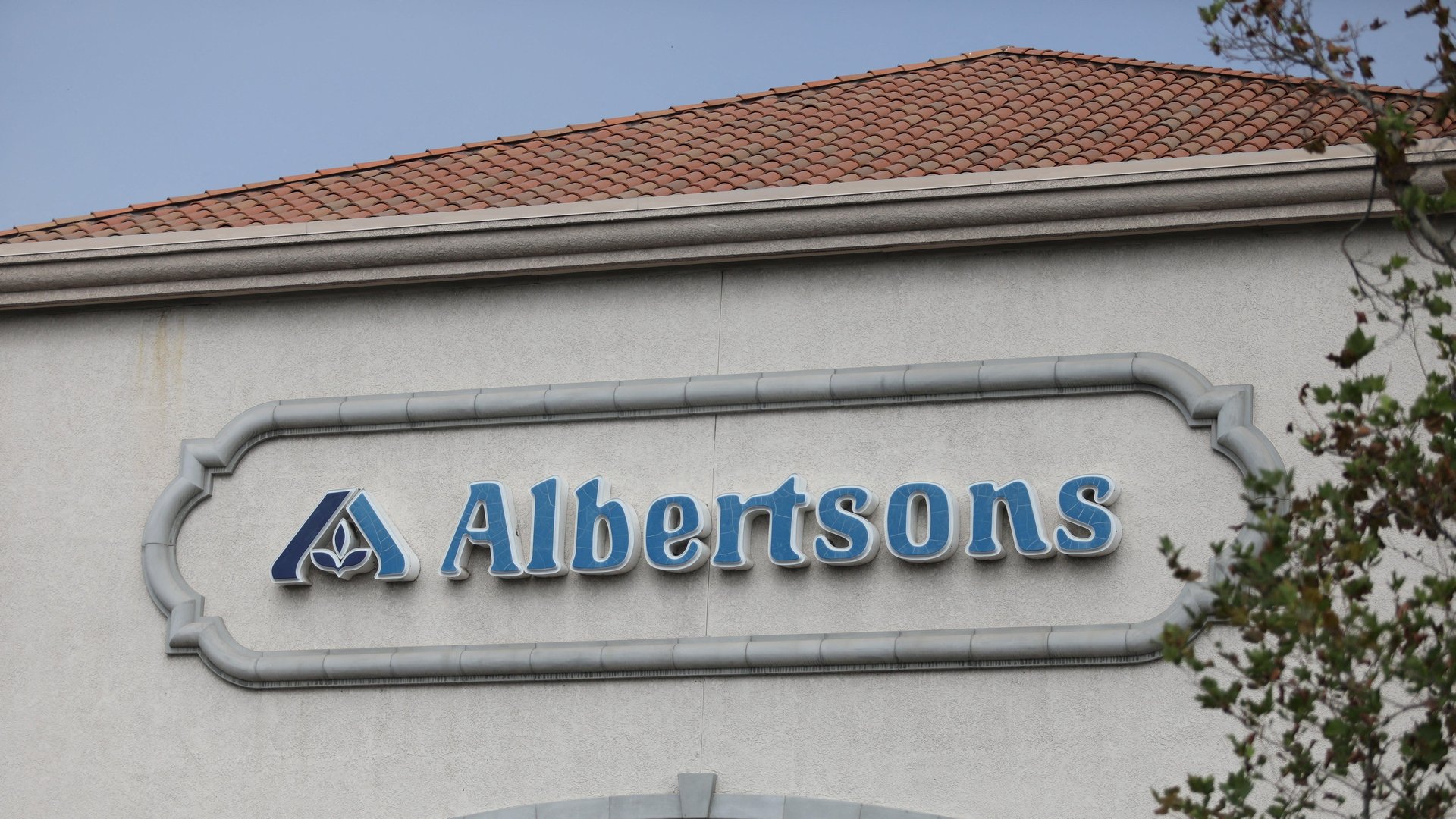The antitrust pressure on the Kroger-Albertsons merger is building
The latest regulatory concern is focused on a $4 billion shareholder payout

The pushback against the potential merger between supermarket chains Kroger and Albertsons continues, with the focus now on a planned $4 billion dividend payment by the latter.
Last week, a judge in Washington state blocked Albertsons from paying out the special dividend to its shareholders, including Cerberus Capital—the grocer’s biggest shareholder since 2006—arguing that the payment would risk the company’s ability to compete with other supermarkets. The order (pdf) is in effect until Nov. 10, when a hearing for a preliminary injunction will be held.
Meanwhile, attorneys general from Washington DC, Illinois, and California have filed a separate lawsuit against the grocers in federal court in Washington DC. They, too, argue that paying the dividend would leave Albertsons strapped for cash and “hampered in its ability to advertise, provide promotions, price competitively, and maintain staffing and staff wages and benefits.”
In a statement, Albertsons said the lawsuits “are meritless and provide no legal basis for canceling or postponing a dividend.” The grocer said it would pay the dividend with $2.5 billion in cash and the rest in loans.
The merger between Kroger and Albertson’s comes during a time of high grocery prices
In October, Kroger said it would buy its rival Albertsons for $24.6 billion. The combined company would make up 13% of the US grocery market and presumably be better positioned to compete with Walmart, the biggest retailer in the world, and Amazon, which has been making inroads along with other delivery-focused competitors. Currently, Kroger and Albertsons have a combined 5,000 stores, 66 distribution centers, and 710,000 employees.
As part of the deal, Kroger said it plans to invest $1 billion in wages and worker benefits. It also expects to get rid of up to 375 stores, in areas where the two chains have sizable overlap, in order to get regulatory clearance for the deal.
But the US government might not be so easily satisfied. When the companies announced their plan to combine, senators including Elizabeth Warren and Bernie Sanders said the merger would lead to higher prices at a time of soaring grocery prices, and asked the US Federal Trade Commission to block the transaction. US senators have said they will hold a hearing this month to assess the deal.